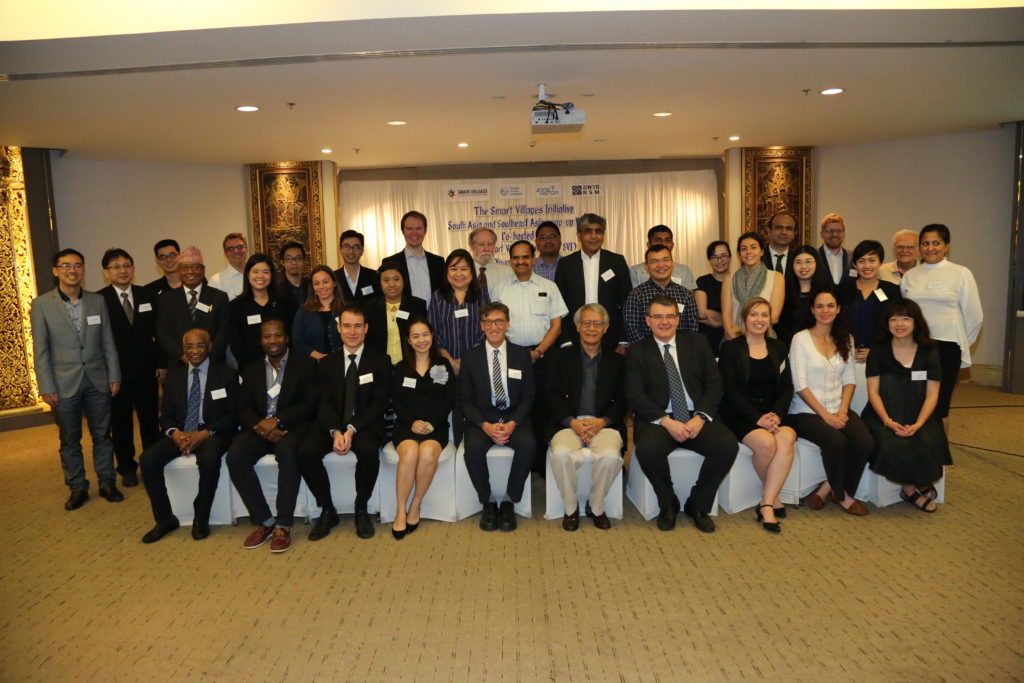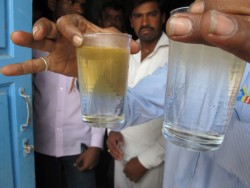| Integrated ministerial strategy and micro-grid financing are other key issues identified by first global study of rural off-grid communities Bangkok: Delegates to the Smart Villages Initiative Closing Workshop for South and Southeast Asia in Bangkok March 7-9 agreed that a bottom-up approach involving villagers themselves is essential to catalyse energy access and spread its resultant development dividends in the large number of rural off-grid communities that still exist across the region with little chance of grid connection. Organised in conjunction with the Global Young Academy (GYA), the Thai National Science and Technology Development Agency (NSTDA), and the Thai National Science Museum, the workshop also stressed the need for more evidence of the impact of so-called technology leapfrogging on rural development in agriculture, entrepreneurship, healthcare, education, and governance.According to Smart Villages Co-Leader Dr. John Holmes, the workshop was a synthesis of the lessons learnt from SVI’s engagement programmes in South and Southeast Asia: “Over the last three years, we have looked at a wide variety of both region-specific and general off-grid energy related issues including renewable energy for islands, the water-energy nexus, cookstoves, and disaster resilience. Several key concerns have become clear which we now intend to turn into policy advice for politicians at all levels to help them meet not only Sustainable Development Goal (SDG) 7 of Energy Access for All, but also the numerous other SDGs, whose success depends on energy access. Paramount amongst these concerns, Dr. Holmes says, is the need to build solutions from the bottom-up, through effective engagement with villagers themselves: their empowerment should be a priority development outcome. Having ensured villager engagement, the next priority is to drive integration between other other rural development stakeholders including the various government ministries concerned with energy, health, education, clean water and sanitation, NGOs, productive enterprises, and civil society.“Of course, key to this integration will be producing evidence of impacts. Here more needs to be done to gather the evidence from the villages on how initiatives on energy access and connectivity, when appropriately integrated with other village level development initiatives, can lead to improved development outcomes,” continues Dr. Holmes. One particular issue that has become evident during SVI’s work is the question of micro-grid finance. “While solar home systems can provide basic levels of electricity access and are increasingly affordable to villagers, stimulating and enabling productive enterprise is key to the economic development of villages, but requires the higher levels of electricity provided by mini-grids. This requires a step increase in investment, which in turn relies on the increased incomes arising from productive enterprise. We will be producing ideas on how to address this in our final reports since it applies to other regions we have studied,” adds Dr. Holmes. Finally, Dr. Holmes stressed the need for the scientific community to take a more interdisciplinary approach involving the social and economic sciences, as well as engineering and natural sciences. Participants gathered in Bangkok, Thailand for three days to discuss energy access, health, and education across the ASEAN region. |






